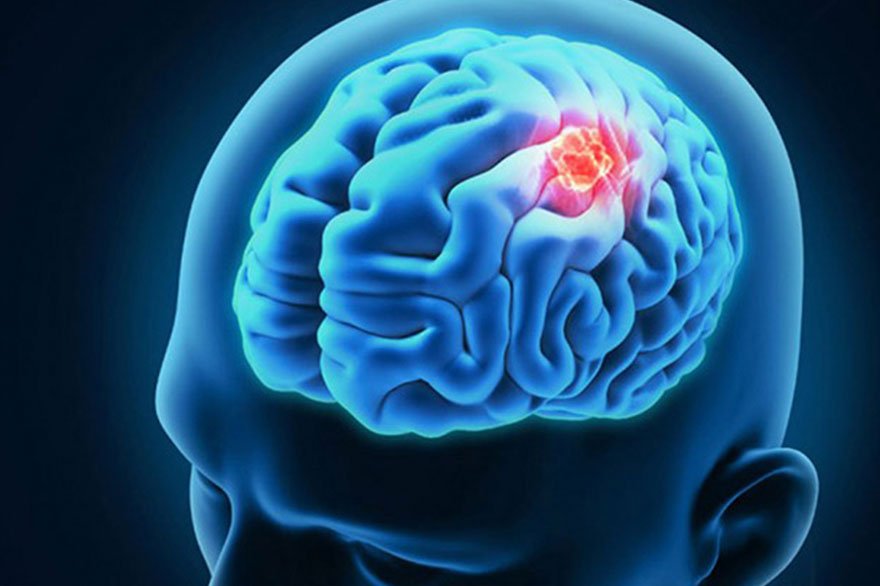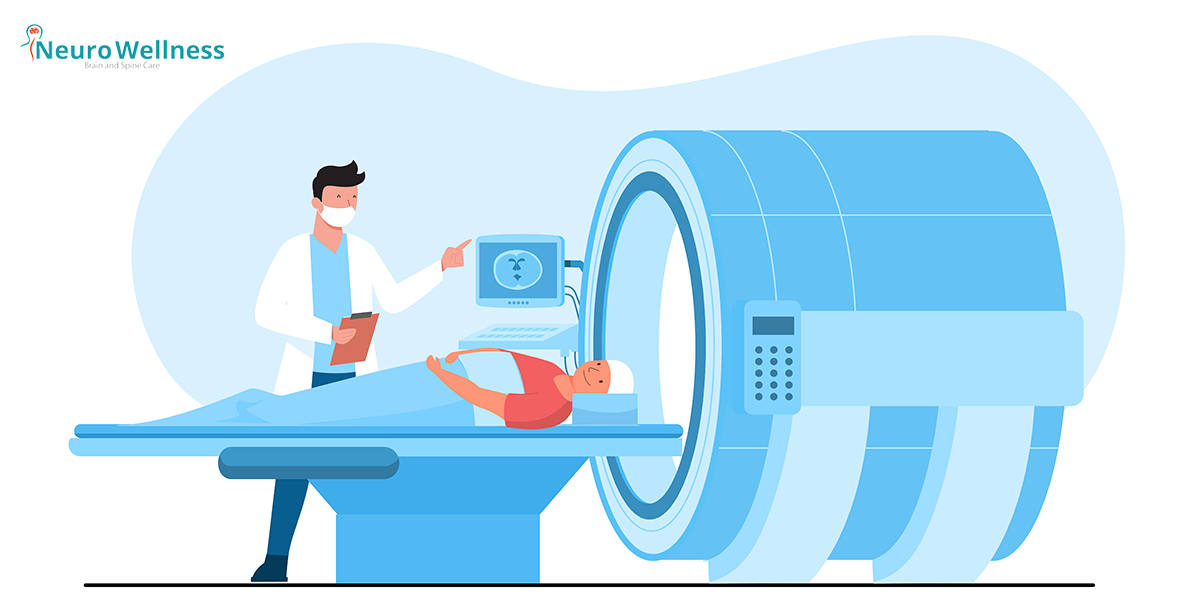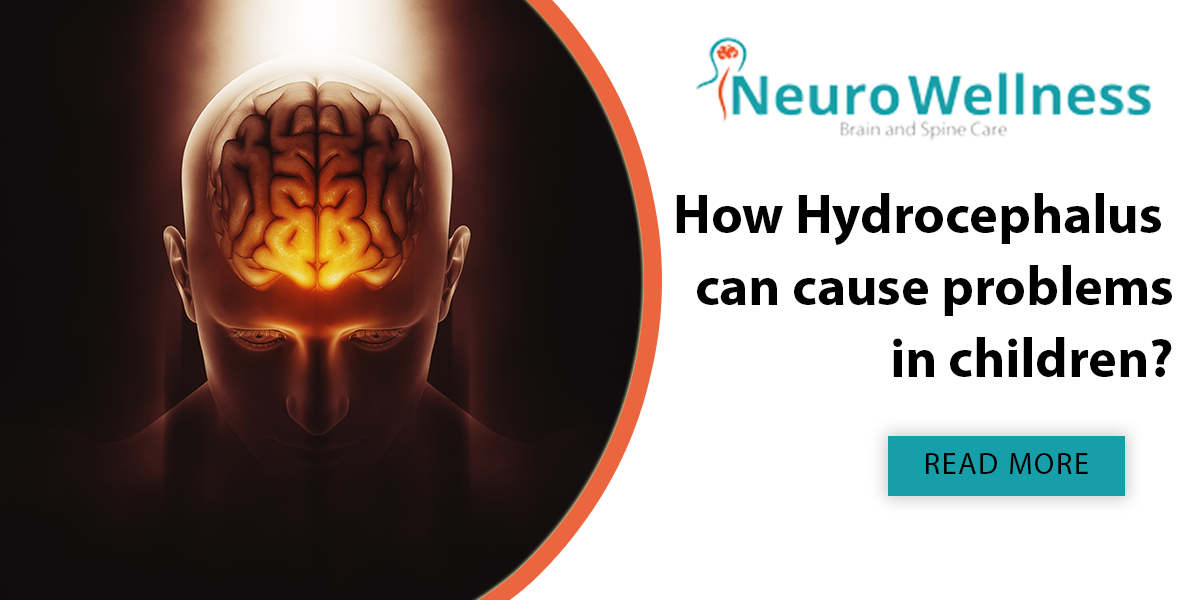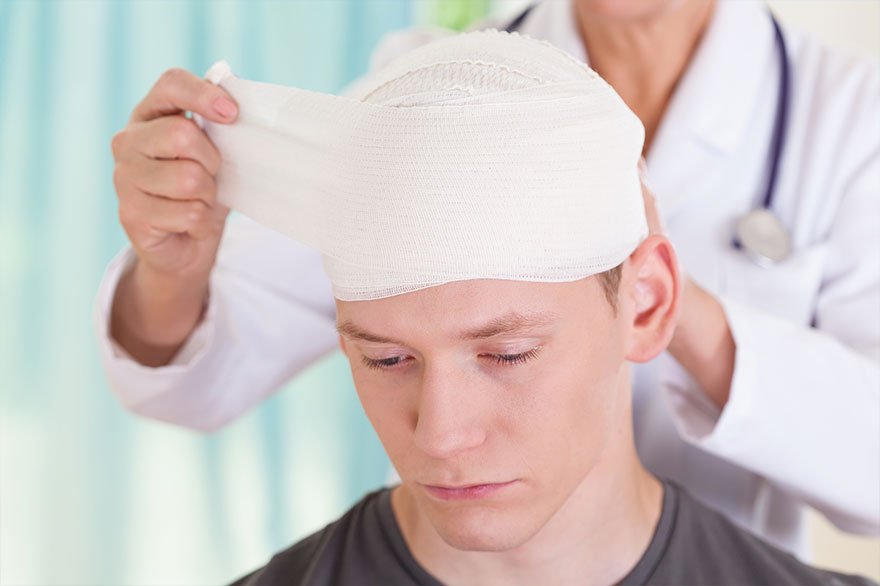Severe early morning headache, Headache getting relived by vomiting, Seizures, Change in the pattern of headache, Increase in frequency of headache, Blurring of vision, Difficulty in walking…
Head injuries can look harmless at first—but even a mild bump can turn serious within hours.
At Neurowellness Bangalore, we often see patients who delay care after a fall or accident, not realizing early warning signs of brain trauma.
Recognizing symptoms early can be the difference between full recovery and permanent damage.
Head Injury:

Head Injury is also known as Brain Injury or Traumatic Injury. If you are suffering from any symptoms after a head injury and looking for the best Brain Care Clinic in Bangalore, you are on the right page. Neuro Wellness is one of the best Brain Care in Jayanagar, Bangalore and Dr. Ganesh Veerabhadraiah is one of the highly skilled best Neurosurgeon in Bangalore. So, let’s understand the causes and symptoms of head injury.
Causes of Head Injury –
Falls
Vehicle accidents
Sports Injuries
Violence
Explosive blasts and other combat injuries
Blast injury (Military actions)
Gunshot Wounds
Head Injury Symptoms –
There are two characteristics of head injury, Physical & Mental.
Physical Symptoms –
Tenacious headache or cerebral pain that deteriorates
Continued vomiting or nausea
Convulsions or seizures
Widening of one or both pupils of the eyes.
Clear liquids depleting from the nose or ears
Inability to awaken from sleep
Weakness or numbness in fingers and toes
Loss of coordination
Mental Symptoms –
Significant disarray
Agitation, aggressiveness, or another unusual way of behaving
Slurred speech
Coma and different problems of awareness
Children’s Symptoms –
Children are very different from adults in physiology and symptoms. Head injury can appear in children as well.
Children with head injuries might not be able to affect by headaches, sensory problems, confusion, and similar symptoms. Other symptoms are –
Change in eating or nursing propensities
Easy irritability
Persevering crying and powerlessness to be reassured
Change incapacity to pay attention
Change in sleep habits
Miserable or discouraged mood
Tiredness
Loss of interest in most loved toys or activities
Diagnosis –
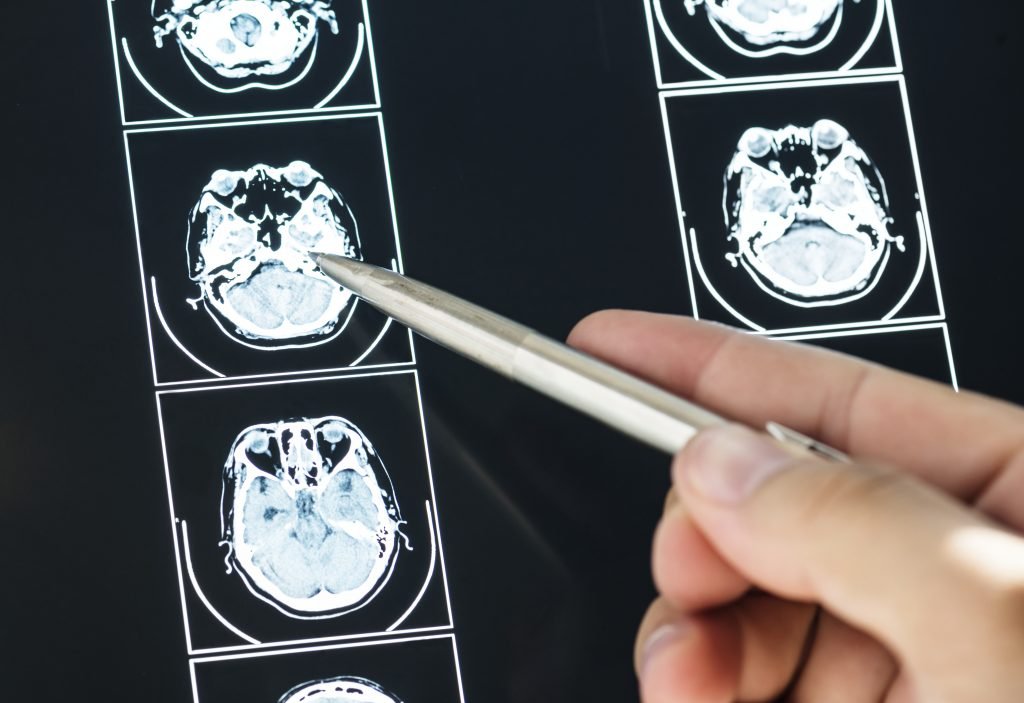
After the brain injury, the doctor may prescribe either MRI or CT scan depending on the patient’s condition.
Common Symptoms After a Head Injury
| Category | Symptoms | What to Do |
|---|---|---|
| Physical | Headache, vomiting, dizziness, blurred vision | Rest, avoid bright light, seek scan if persistent |
| Cognitive | Confusion, memory loss, delayed speech | Consult neurologist; avoid driving |
| Behavioral | Irritability, mood swings, fatigue | Monitor for 24 hrs; get evaluation |
| Severe | Loss of consciousness, seizures, clear fluid from nose/ears | Emergency → Visit ER immediately |

Dr. Ganesh Veerabhadraiah
Consultant – Neurosurgeon, Neurointerventional Surgery, Spine Surgeon (Neuro)
23+ Years Experience Overall (17+ years as Neuro Specialist)
Available for Consultation: Jayanagar 9th Block & Kauvery Hospital, Electronic City
Conculsion
Emergency Brain Care at Neurowellness Bangalore
24×7 neuro-emergency, advanced CT/MRI imaging, and expert neurosurgeons led by Dr. Ganesh Veerabhadraiah.
FAQs
1. Can mild head injuries cause brain damage?
Yes, repeated or untreated minor injuries can lead to long-term cognitive issues.
2. How long should I observe symptoms after a fall?
At least 48 hours. If new symptoms appear, seek immediate medical help.
3. Should children be monitored differently?
Yes. Children may not verbalize symptoms; watch for vomiting, irritability, or loss of balance.
4. How do AI tools help after head trauma?
AI systems analyze speech and motion patterns to detect subtle neurological changes for faster triage.

About Author
Dr. Ganesh Veerabhadraiah
Dr. Ganesh Veerabhadraiah, leading neurosurgeon and neurologist in Bangalore, has over 20 years of expertise in managing back pain, migraines, headaches, neuro disorders, and spine problems. His clinical excellence and patient-first approach make him one of the most trusted neuro doctors in Bangalore.
At Neurowellness Brain & Spine Clinic in Jayanagar and Kavery Hospital Electronic City, Dr. Ganesh provides comprehensive treatments ranging from minimally invasive spine surgery to advanced neurological care. As a respected back pain specialist and migraine doctor, he continues to deliver reliable outcomes for patients.
👉 Connect with Dr. Ganesh on LinkedIn
The buildup of fluid in the cavities (ventricles) deep within the brain is known as hydrocephalus. The extra fluid expands the ventricles, which exerts pressure on the brain.
The brain and spinal column are generally bathed in cerebrospinal fluid, which circulates through the ventricles. However, excessive cerebrospinal fluid pressure associated with hydrocephalus can harm brain structures and result in a variety of symptoms.
Hydrocephalus can occur anyone at any age with depends on the cause, however it is more common in infants and individuals aged 60 and up (normal pressure hydrocephalus). Hydrocephalus can be treated surgically to restore and maintain normal cerebrospinal fluid levels in the brain. Managing symptoms of functional deficits caused by hydrocephalus often necessitates a variety of interventions.
Hydrocephalus in Children – Key Symptoms & Risks
✔️ Unusually large head size → Excess fluid buildup
✔️ Bulging soft spot on head → Pressure on brain
✔️ Vomiting & irritability → Raised intracranial pressure
✔️ Seizures → Severe fluid pressure impact
✔️ Developmental delays → Affecting growth & learning
✔️ Eye problems → Vision issues due to nerve pressure
Symptoms of hydrocephalus:
The signs and symptoms of hydrocephalus differ depending on the age at which it first appears:
• Infants
In babies, common indications and symptoms of hydrocephalus include:
Changes in head:
• A head that is exceptionally big.
• A rise in the size of the head in a short period of time.
• Fontanel on the top of the head
Physical signs and symptoms:
• Vomiting
• Feeding problems
• Seizures
• Downward looking eyes (sunsetting of the eyes)
• Muscle tone and strength deficiencies
• Touch sensitivity is poor
• Poor growth
Toddlers and older children:
Signs and symptoms in toddlers and older children may include:
Physical signs and symptoms:
• Headache
• Double eyesight or hazy vision
• Downward looking yes (sunsetting of eyes)
• A toddler’s head is abnormally enlarged
• Lethargy or sleepiness
• Vomiting or nausea
• Unstable equilibrium
• Coordination issues
• Appetite problems
• Seizures
• Urinary incontinence
Changes in behaviour and cognition:
• Irritability
• Personality shifts
• School performance is declining
• Delays or difficulties with previously learned tasks like walking or talking
Young and middle aged adults:
The signs and symptoms for this age group is as follows:
• Headache
• Lethargy
• Urinary incontinence or a frequent urge to urinate
• Vision impairment
• Memory, focus and other thinking skills decline, which may have an impact on job performance
Older adults:
The following are the most prevalent indicators and symptoms of hydrocephalus in individuals aged 60 and above:
• Urinary incontinence or a frequent urge to urinate
• Loss of memory
• Other thinking or reasoning skills gradually declining
• Difficulty in walking, which is typically described as a shuffling stride or a stuck feeling in the feet
• Coordination or balance issues
When to consult a doctor?
For infants and toddlers who are experiencing the following signs and symptoms, seek emergency medical attention:
• The sound of a high pitched scream or cry
• Sucking or feeding difficulties
• Recurrent, unexplained vomiting
• A reluctance to move the head or lie down
• Having trouble in breathing
• Seizures
Causes of hydrocephalus:
An imbalance between the amount of cerebrospinal fluid produced and the amount absorbed into the bloodstream causes hydrocephalus.
Cerebrospinal fluid is produced by the tissues that line the brain’s ventricles. It travels through interconnected channels in the ventricles. The fluid eventually finds its way into the regions around the brain and spine. It is predominantly absorbed by the blood vessels.
Cerebrospinal fluid is vital for brain function because of the following reasons:
• It Allows the comparatively hefty brain to float within the skull by keeping it buoyant
• To protect the brain from harm, it is cushioned.
• Getting rid of waste materials produced by the brain’s metabolism
• Flowing back and forth between the brain cavity and the spinal column to maintain a constant pressure within the brain, correcting for fluctuations in blood pressure.
Complications:
Long term hydrocephalus consequences can vary greatly and are frequently impossible to foresee. If hydrocephalus has advanced by the time a child is born, it can cause serious intellectual, developmental and physical impairments. Less severe instances may have few, if any, major sequelae if treated properly.
Adults who have had a considerable reduction in memory or other thinking skills have a slower recovery and more lasting problems after hydrocephalus therapy.
The severity of complications is determined by the following factors:
• There may be underlying medical or developmental issues
• Initial symptom severity
• Diagnosis and treatment should be done as soon as possible
Summary: Neurowellness is a Bangalore Spine Specialist Clinic providing high quality brain and spine care at an inexpensive price. This center is one of the most cost effective and gives high quality treatment choices to the patients.
Pediatric Hydrocephalus Care in Bangalore
“Worried about your child’s head growth or developmental issues? Neurowellness Brain & Spine Clinic provides expert pediatric neurosurgery and long-term care.”

Dr. Ganesh Veerabhadraiah
Consultant – Neurosurgeon, Neurointerventional Surgery, Spine Surgeon (Neuro)
23+ Years Experience Overall (17+ years as Neuro Specialist)
Available for Consultation: Jayanagar 9th Block & Kauvery Hospital, Electronic City
FAQs
1. What causes hydrocephalus in children?
It occurs when cerebrospinal fluid builds up in the brain due to blockage, overproduction, or poor absorption.
2. What are the common symptoms of pediatric hydrocephalus?
Rapid head growth, bulging fontanelle, vomiting, seizures, and developmental delays.
3. How is hydrocephalus treated in children?
Treatment usually involves surgery like shunt placement or endoscopic third ventriculostomy (ETV).
4. Can hydrocephalus in children be cured?
It can be managed successfully with timely surgery and lifelong follow-up care.
5. Where can I find pediatric neurosurgeons in Bangalore for hydrocephalus?
Neurowellness Brain & Spine Clinic offers advanced pediatric neurosurgery and hydrocephalus care.

About Author
Dr. Ganesh Veerabhadraiah
Dr. Ganesh Veerabhadraiah, leading neurosurgeon and neurologist in Bangalore, has over 20 years of expertise in managing back pain, migraines, headaches, neuro disorders, and spine problems. His clinical excellence and patient-first approach make him one of the most trusted neuro doctors in Bangalore.
At Neurowellness Brain & Spine Clinic in Jayanagar and Kavery Hospital Electronic City, Dr. Ganesh provides comprehensive treatments ranging from minimally invasive spine surgery to advanced neurological care. As a respected back pain specialist and migraine doctor, he continues to deliver reliable outcomes for patients.
👉 Connect with Dr. Ganesh on LinkedIn
Head injuries are the most unexpected injury in the human population. It happens due to blow to the head usually associated with road traffic accident, fall from a height, assault, fall of a foreign object over the head…
The World Health Organization (WHO) reports that almost half of all adults worldwide will experience a headache in any given year. A headache can be a sign of stress or emotional distress…
Severe early morning headache, Headache getting relived by vomiting, Seizures, Change in the pattern of headache, Increase in frequency of headache, Blurring of vision, Difficulty in walking…

